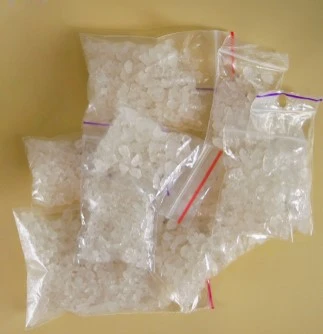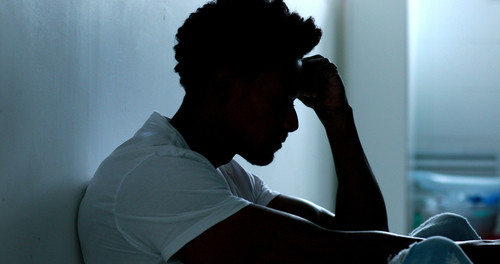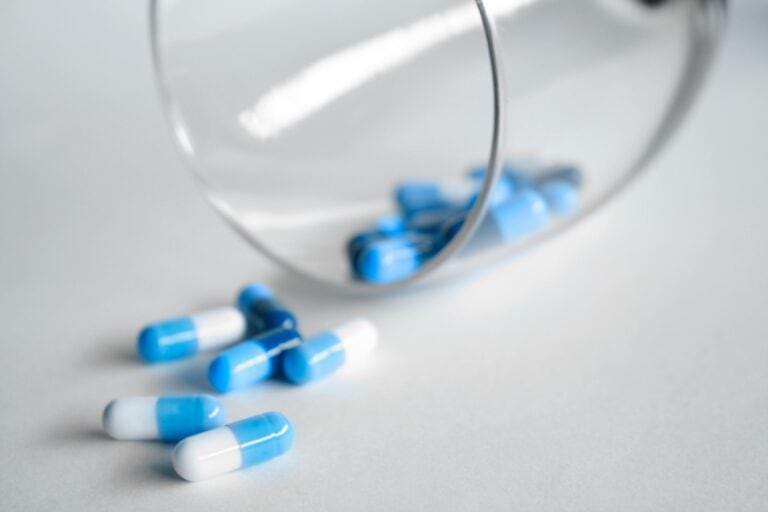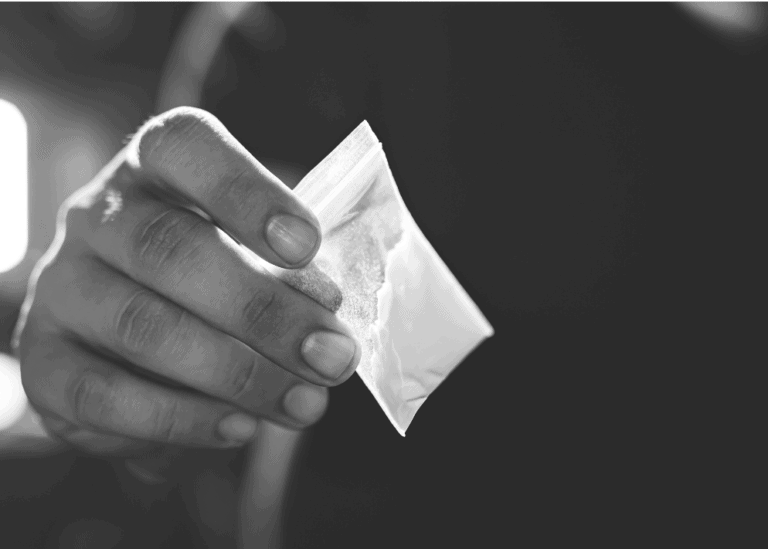The term ‘wet drugs’ may have piqued your curiosity if you’ve come across it before. In simple terms, wet drugs refer to substances that have been soaked or dipped in liquid drugs. Another commonly used expression for this type of drug use is ‘smoking wet.’ This type of drug use is highly dangerous and can result in life-threatening side effects. Understanding the dangers of wet drugs can allow you to make informed decisions and be aware of the impact of using drugs.
In this article, we will cover the different types of wet drugs, the dangers and effects of using wet drugs, and the legal consequences of wet drugs.
What is a Wet Drug?
The term ‘wet drug’ refers to a substance that has been laced, dipped, or soaked with a different substance, typically a hallucinogen such as phencyclidine (PCP) or embalming fluid that contains formaldehyde. This process involves putting a liquid substance on a base material, such as marijuana cigarettes, joints, or plant leaves. The base material then absorbs the liquid, resulting in a new drug-infused product.
This process of enhancing substances has been popular since the 1970s and has been given many different street names. Some of the street names include:
- Water
- Fry
- Amp
- Milk
- Purple Rain

PCP
PCP, also known as angel dust, is a hallucinogenic and dissociative drug that is used for its psychoactive effects. PCP acts by activating various receptors in the brain, including glutamate, dopamine, and opioid receptors, leading to a range of side effects. The effects of PCP can range from psychological to physical, such as slurred speech, euphoria, hallucinations, distorted perceptions, severe mood swings, and anxiety.
PCP-laced marijuana is one of the most common types of wet drugs. This involves dipping or spraying marijuana cigarettes or joints with liquid PCP. This combination of marijuana and PCP creates an unpredictable and mind-altering experience that can cause hallucinations, violent behavior, and dissociation.
Embalming Fluid
Embalming fluid is also used to create wet drugs. This substance contains formaldehyde, a chemical used in funeral homes to preserve bodies. Embalming fluid has similar effects as PCP and can be used in combination with PCP to enhance the effects. PCP users have described the feeling of using both substances as giving them a ‘Superman’ type of feeling. This can be caused by the intense delusions and hallucinations produced by smoking wet drugs.
Dangers of Wet Drugs
Using wet drugs poses significant dangers to the body and mind. Many risks are associated with using wet drugs that can impact a person’s life. Some of these risks include:
- Physical Health Risks: PCP and embalming fluid can cause many adverse side effects on the body. Prolonged use of wet drugs can cause severe damage and can even be life-threatening. We will discuss the specific effects of wet drugs in the next section.
- Social Relationships Risks: Wet drug use can negatively impact social relationships by affecting behavior. Wet drugs can cause erratic or violent behavior that can strain personal relationships. This can also result in causing physical harm to others or engaging in illegal behaviors.
- Mental Health Risks: Using wet drugs can severely impact your mental health. Because of the effects of the drugs, it can impair cognitive function, judgment, and memory. It can also increase the risk of developing mental health disorders such as depression, anxiety, psychosis, and schizophrenia.
The Effects of Wet Drugs
While we have already stated that wet drugs can cause hallucinations and delusions, there are many other effects that the drugs can cause. It’s important to note that the effects can vary depending on the user’s dosage, tolerance, and body composition. Keeping that in mind, some of the most common side effects of smoking wet drugs are:
- Euphoria
- Rapid heart rate
- Memory loss
- Disconnection from reality
- Impaired coordination
- Lung damage
- Damage to body tissue
- Inability to feel pain
- Aggressive behavior
- Paranoia
- Brain damage
- Death
Withdrawal Symptoms of Wet Drugs
While those are the common side effects of wet drugs, it’s also essential to know their withdrawal symptoms. Because of the addictive nature of PCP and formaldehyde, using these substances can cause physical and psychological dependence, resulting in withdrawal symptoms when an individual stops using. These symptoms are similar to the withdrawal symptoms of PCP and can be challenging to handle. Some withdrawal symptoms include:
- Sweating or chills
- Fatigue
- Intense cravings
- Headaches
- Irregular sleep patterns
- Emotional instability

Treatment for Wet Drug Abuse
Experiencing wet drug addiction can be difficult and terrifying, just like any other kind of addiction. The treatment for wet drug abuse is similar to the treatment you would receive for any other kind of substance abuse and would focus on treating the addiction to PCP. The best treatment options for wet drug abuse are:
- Medical Detox: Medically supervised detox is the first step in treating wet drug abuse. This allows the body to process the toxins from the substances. Detoxing typically occurs at a treatment center so trained medical professionals can monitor the withdrawal symptoms.
- Treatment Programs: Once you’ve completed the detox process, the next step would be receiving addiction treatment from an inpatient or an outpatient facility. These facilities would offer treatment programs that provide therapy, coping skills, and peer support.
- Aftercare Support: After completing a treatment program, the final step would be to receive aftercare services. This would include support groups and providing the necessary resources to keep you on the road to recovery.
It’s essential to remember that the journey to recovery can look different for everyone. While some may thrive in a traditional therapy setting, others may need experiential techniques like adventure therapy to see results.
Drug Addiction Treatment at Asheville Recovery Center
Partaking in wet drugs can be a sign of drug addiction. While it can provide hallucinogenic effects, the dangers of wet drugs are not worth it. If you struggle with drug use, you may need treatment at a treatment center.
At Asheville Recovery Center, we offer holistic, individualized, and effective treatment programs to give our clients the tools and resources needed for recovery. Our behavioral health and experiential therapies provide various levels of care to ensure that all needs of our clients are met.
If you or a loved one are experiencing drug addiction, contact us today to learn more about how we can help you. Recovery is a journey, let us be with you every step of the way.





